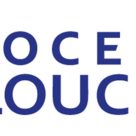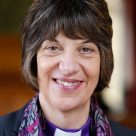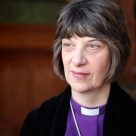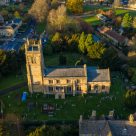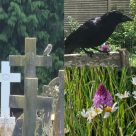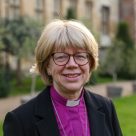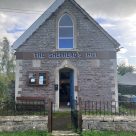 Last Friday I was glad to visit members of the Hebrew Synagogue in Cheltenham following the shocking attack on the synagogue in Manchester. Antisemitism is abhorrent and is leading to Jewish members of communities living in fear behind closed doors. It is poignant that today is the second anniversary of the horrific attacks by Hamas in Southern Israel and we must continue to condemn all violence, bloodshed and hatred with no ‘ifs’ or ‘buts’.
Last Friday I was glad to visit members of the Hebrew Synagogue in Cheltenham following the shocking attack on the synagogue in Manchester. Antisemitism is abhorrent and is leading to Jewish members of communities living in fear behind closed doors. It is poignant that today is the second anniversary of the horrific attacks by Hamas in Southern Israel and we must continue to condemn all violence, bloodshed and hatred with no ‘ifs’ or ‘buts’.
More widely, I am aware of so many people in their lives and communities feeling trapped, ignored and powerless. I think we need to pay closer attention to this, not least amid political rhetoric and protests of different kinds, all of which highlight strong and conflicting views on justice and injustice, with a great sense of ‘them’ and ‘us’.
Sometimes the ‘us’ are people of a particular political view voicing something about the ‘them’ who are opposed, whilst sometimes the ‘them’ are people of a different faith, colour, culture etc. As individuals we will undoubtedly have a natural affinity with people we feel comfortable with and who resonate with our experiences, views, culture etc, yet as members together of the Body of Christ we are called to be those who break down barriers and go towards people. It is how doors of divided communities are unlocked and community cohesion is strengthened.
In my work as Anglican Bishop to HM Prisons, I am particularly aware of the need for transformed communities that unlock doors. On prison visits I not only encounter numerous heavy metal locked doors of imprisonment, but also many stories of internal imprisonment due to a whole range of invisible chains, which impact victims as well as offenders (and many people in prison are both), plus many who work across the criminal justice system.
Whatever people’s stories and experiences in life, I long for people to encounter the mystery of God’s love, and the inner liberation and hope offered us in Jesus Christ. That mystery cannot be rationalised, but it can be experienced. Again and again I have seen prison chaplains and volunteers creating spaces, conversations and worship which unlock doors within people and enable them to encounter God’s love, forgiveness and hope.
For the past 50 years, the second week of October has been designated as Prisons Week, encouraging and enabling Christians to pray for prisoners and their families, for victims of crime and their communities, and those working or volunteering in the criminal justice system, including prison chaplains, probation officers, prison staff, judges, magistrates, court staff and police.
This year, the theme of Prisons Week (12-18 October) is ‘God’s word is not chained.’ In this link to resources Prisons Week | there is a powerful 3 minute film, spoken by Lady Unchained, who I had the privilege to share a platform with at Greenbelt in August 2024. She has a powerful and personal story of transformation and liberation.
As I celebrate Brenda Birungi (Lady Unchained), I am struck by the fact that Prisons Week falls within Black History Month and it is shocking that a quarter of the prison population are from a minority ethnic group, despite making up only 14% of the total population.
In her poetic film, Lady Unchained proclaims that ‘God’s word and love is not bound but always runs free’, and she beautifully expresses that ‘those who speak out create maps to the journey of healing’. It is my hope and prayer that every week and month, our spoken and unspoken prayer will lead us in many different ways to speak out and create paths to healing and freedom, for ourselves and for the communities we serve in our many different contexts.
With my thanks and prayers as ever,




